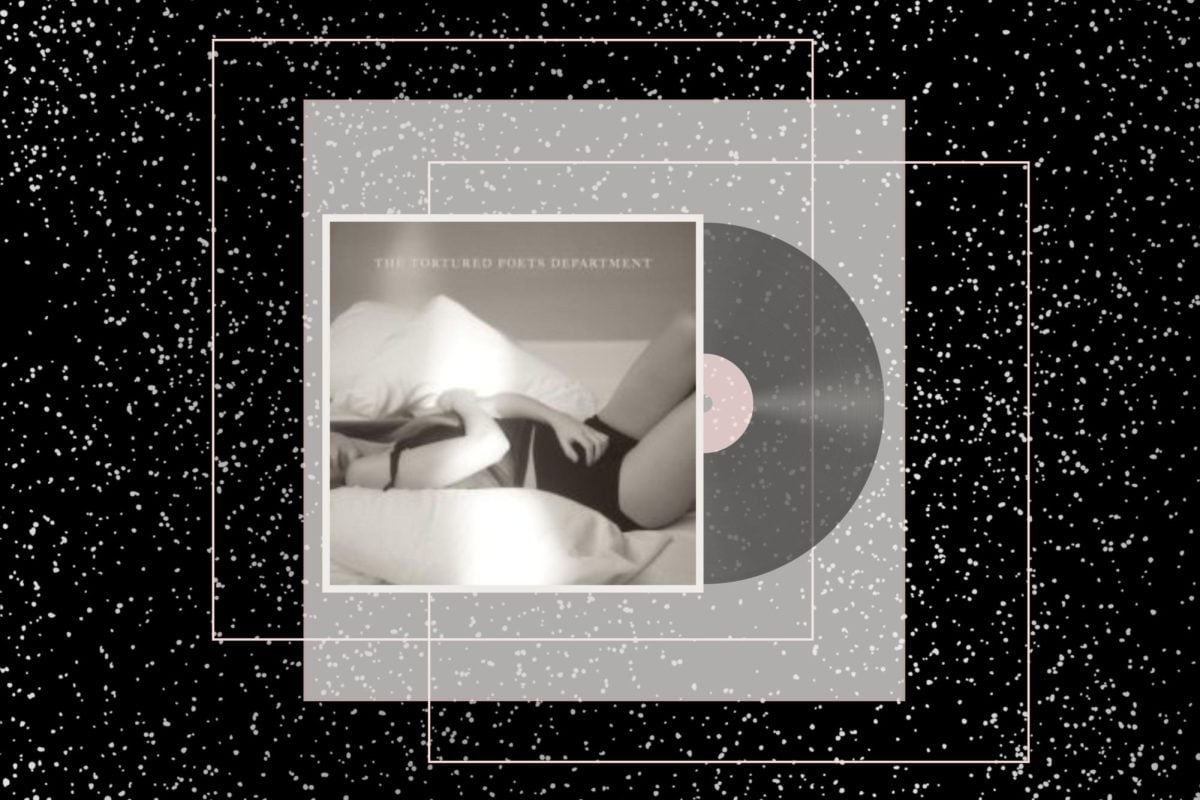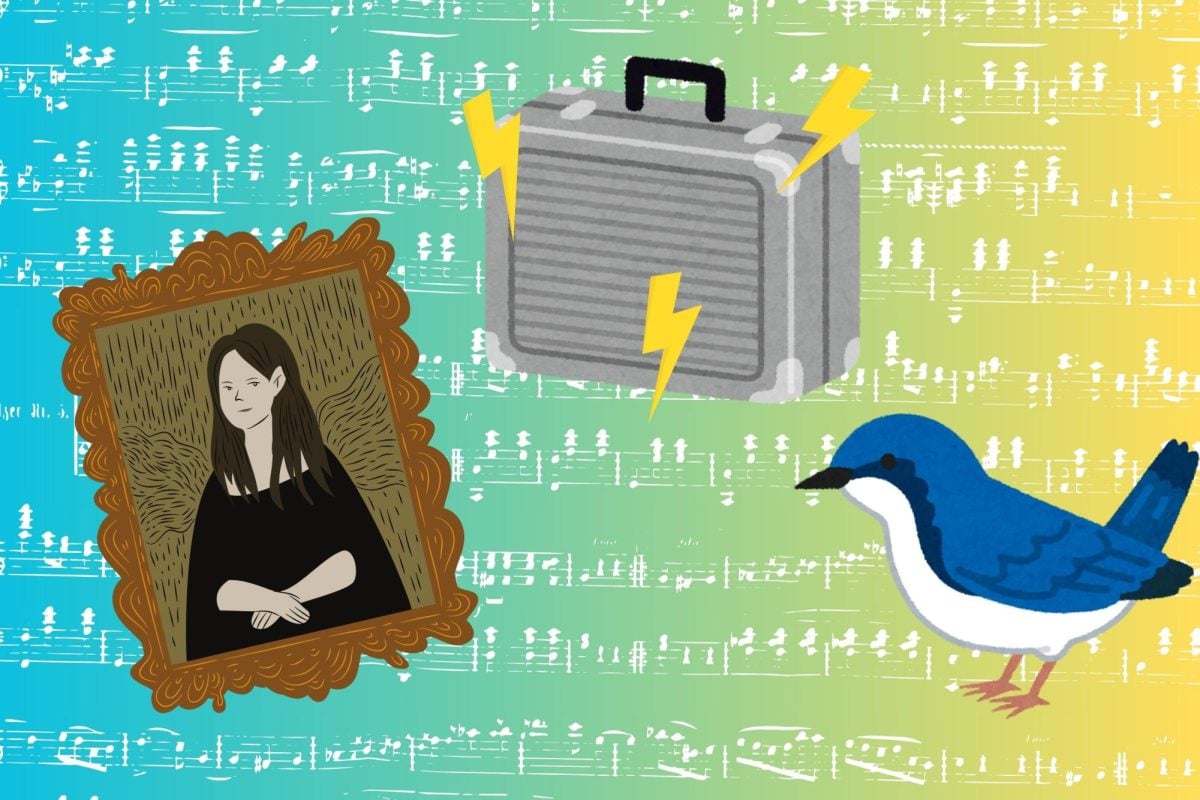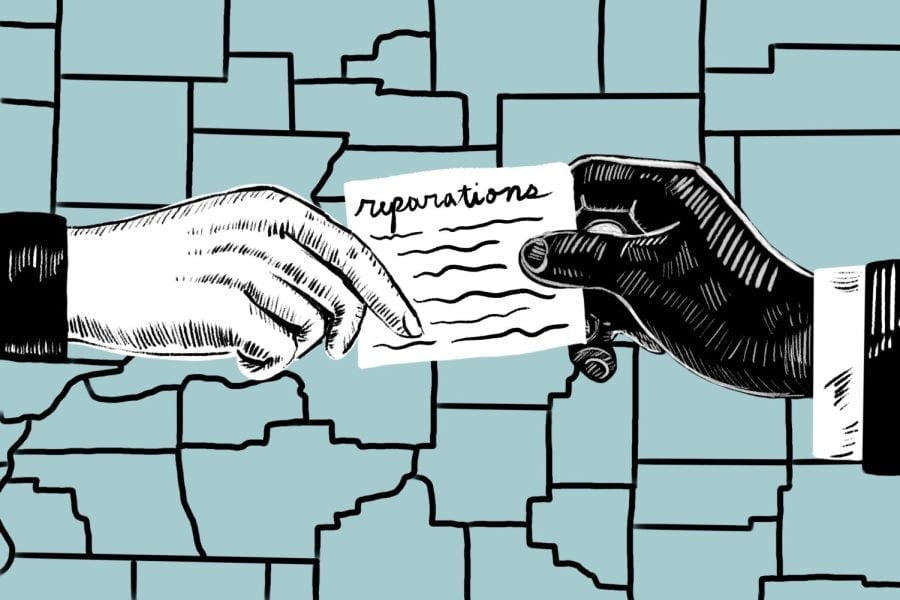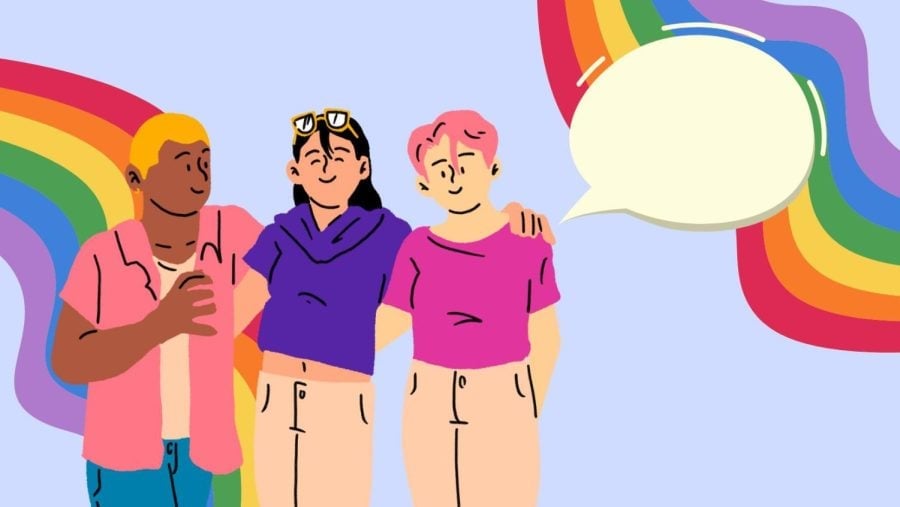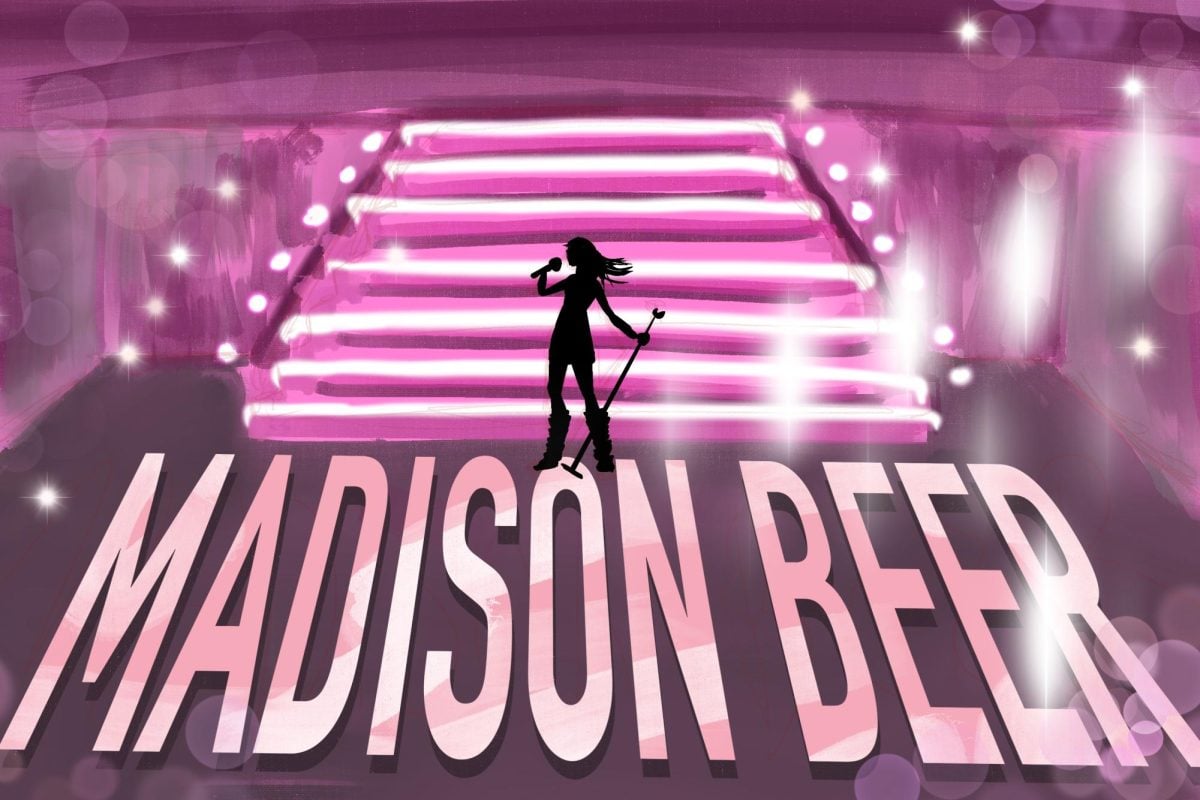Teeth brushed, retainer in, half-asleep and disappointed was how “The Tortured Poets Department: The Anthology” found me. After being underwhelmed by the first 16 songs of Taylor Swift’s latest album, released at midnight EST, I had resolved to try again in the morning.
But as the clock struck 2 a.m. EST on Friday, Swift had another surprise for her fans. Her 11th album, a double album, has 31 tracks, another record-pushing number in the Swift universe. In contrast, the recent deluxe LPs from pop phenoms Olivia Rodrigo and Ariana Grande, “GUTS (spilled)” and “eternal sunshine (slightly deluxe),” both have 17 songs.
What those albums understand that Swift’s does not is that less is more. The singer-songwriter’s “tortured poetry” deviates from the conciseness that makes poetry impactful. Lasting over two hours, Swift’s lyricism is muddied by its monotonous instrumentation. So, what is new and inventive in the opener and single “Fortnight (feat. Post Malone)” begins to feel repetitive by forgettable track seven “Fresh Out The Slammer.”
I don’t want readers to misunderstand me. Swift is still good — as a fan, I believe some of her best work is found on this album. The anguished refrain of “I love you / It’s ruining my life,” on the first track is guaranteed to embed itself in listeners’ brains. Later in the album, the way the wedding bells on “So Long, London,” melt into an anxious, fast-paced synth perfectly mirrors the narrative of being trapped in a relationship.
Most of the album is produced by Swift and longtime collaborator Jack Antonoff, who has undeniably helped Swift master her pop sound since 2014’s “1989.” However, their partnership sounds dated on “Tortured Poets.”
By “Who’s Afraid of Little Old Me?” or “I Can Fix Him (No Really I Can),” not even Swift’s powerful belts can distract from the sonically similar beats, melodies and progressions. The former feels like a slowed-down “Look What You Made Me Do” with its theme of vengeance. The monotony makes Aaron Dessner’s touch on “So Long, London” and the free-wheeling “But Daddy I Love Him” a welcome addition to the album.
That’s not to say Antonoff’s sound has restricted the album — there are also some experimental elements that viewers will delight in. Florence and The Machine’s feature on “Florida!!!” sees Swift take on a theatrical and grandiose style with its choral harmonies and Florence Welch’s commanding vocals. It’s a welcome change from radio-fodder singles and her signature ballad — so “f— me up, Florida,” indeed.
The quiet “loml” emerged as my favorite song from the LP’s first half. Its rawness and candor had my jaw on the floor. Though Internet sleuths tried to decode the acronym in the weeks leading up to the album’s release, I joined many others in being left agape as Swift twisted the phrase into “loss of my life” in one of her saddest songs to date.
But for me, the biggest surprise from the first half of “Tortured Poets” is that it’s funny. Swift adopts a sarcastic lilt in “I Can Do It With a Broken Heart,” making it an instant hit for anyone who’s been in the quarter system for over a year.
The artist also makes it a point to let her listeners know that external opinions have little influence on her. If she didn’t write so many songs about it, I would believe her. The wryly-delivered “But Daddy I Love Him” and “Guilty as Sin?” hint at the singer’s highly publicized relationships with a satirical undertone.
Closing out with the ethereal “Clara Bow” felt like an appropriate end to the album’s arc on fame, but padding “The Anthology” with “thanK you aIMee” was emblematic of Swift’s need for an editor.
While the second half of the album has highlights, like the devastating description of infidelity in “The Black Dog” or Swift’s quivering vocals in “Chloe or Sam or Sophia or Marcus,” most of it feels overdrawn and repetitive.
Within the double album, what surprised me most was the rawness I found. Even in the throes of familiar instrumentation and thematic similarities, the songs still retained the same high-level storytelling fans have come to expect from Swift.
Through 31 songs, Swift cycles between being “happy, free, confused and lonely” at the same time, but it’s the freedom that sticks out to me most. On her newest project, Swift sounds more like herself than ever. But maybe there’s too much of the same side of her on “Tortured Poets.”
Email: [email protected]
X: @beatricedvilla
Related Stories:
— Liner Notes: In ‘Don’t Forget Me,’ Maggie Rogers returns to folk roots with triumph
— Liner Notes: The Last Dinner Party stuns with debut album ‘Prelude to Ecstasy’
— Liner Notes: Kali Uchis explores electronic sounds on second Spanish album ‘Orquídeas’

